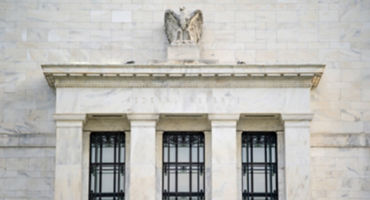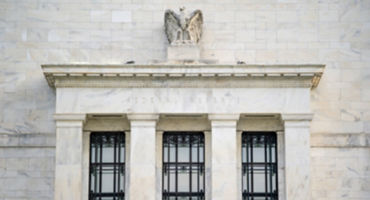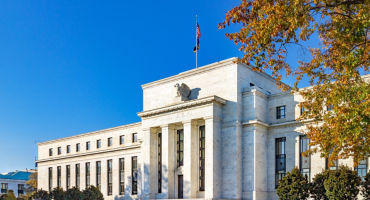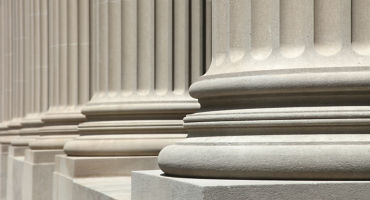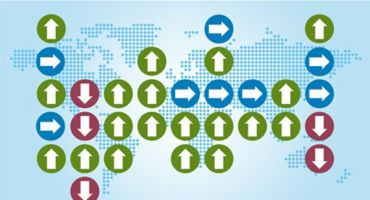Consistent with consensus expectations, the US Federal Reserve (Fed) raised its benchmark interest rate by 25 basis points (bps), to a range of 5.00% – 5.25%, at its May policy meeting. Statements made during the Fed’s post-meeting press conference indicated that over the course of its next few meetings, the central bank would aim to pursue a more data-dependent approach to determining whether additional rate hikes would be necessary or appropriate.
While many Fed watchers had been hoping for a more unambiguous signal from the Fed that its rate-hiking campaign was now over, I interpreted Chair Jerome Powell’s comments as suggesting that the Fed may still have a slight bias toward maintaining higher policy rates as the central bank continues to assess the impact of recent banking sector stresses on US inflation and economic activity.
The US economy looks poised to weaken
The leading economic indicators I track point to a likelihood of the US economy weakening substantially in the coming quarters. In particular, bank lending standards appear to have tightened materially in the wake of recent high-profile bank failures — a trend I expect to persist as many banks curtail lending and the lagged effects of the Fed’s rate hikes over the past year-plus work their way through the economy. While the steps taken thus far by the Fed and US banking regulators have helped restore market confidence to a large extent, the risk of further bank-deposit outflows remains acute.
Yes, I think the Fed did make a policy mistake
From this perspective, given the potentially major impact of rising interest rates on the banking sector, I view yesterday’s additional rate increase by the Fed as having been a policy mistake — the consequences of which remain to be seen. JPMorgan Chase’s acquisition of First Republic Bank earlier this week may heal one wound in the system but could portend a dire fate for many other struggling US banks. For now, I have observed some stabilization in both bank deposits and commercial and industrial loans. However, the situation remains quite fluid and still bears very close monitoring in the period ahead.
Is this time different? The Fed seems to think so
In Chair Powell’s press conference, he alluded to the possibility that this current chapter in US economic history could be different from many previous periods. The Fed has raised its policy interest rate by 500 bps in a mere span of 14 months, yet the US unemployment rate hasn’t risen by all that much and, in fact, remains near its lowest level in 60 years. To Powell, the continued resilience of the labor market and the broader US economy seems to be evidence that a recession can likely be averted this time around. I tend to view that as hope winning out over experience and reality.
US inflation remains uncomfortably high
While the annual US headline inflation rate, as measured by the Consumer Price Index, dipped to 5.0% year over year in March (from 6.0% in February), the core inflation rate ticked up to 5.6% from 5.5%. Although the Fed anticipates that inflation will decline over the rest of this year, I think these latest inflation prints are still way too high for the central bank to consider cutting interest rates anytime soon.
Many leading indicators have inflation falling to around 3% by the end of 2023, a tad lower than the Fed’s projection when adjusting for weights in the Personal Consumption expenditures Index but still well above the Fed’s 2% inflation target. Importantly, US wages have decelerated a bit, which should help ease demand-pull inflationary pressures, but the labor market remains relatively tight, nonetheless.
Final thoughts for Fed watchers
While the market is now pricing in Fed rate cuts starting as early as the third quarter of this year, I suspect that may be wishful thinking. As of this writing, I believe the Fed has just reached its terminal policy rate and is now likely to go “on hold” for the foreseeable future — roughly a couple of quarters — so as to assess whether monetary policy is restrictive enough to keep cooling inflation without tipping the US economy into recession.
Bottom line
With its latest rate move, I think the Fed has given itself a degree of policy flexibility for the time being. If I’m right, its next action will be dictated by incoming inflation and labor market data, both of which could evolve in either direction, depending on how today’s big tail risks play out.





